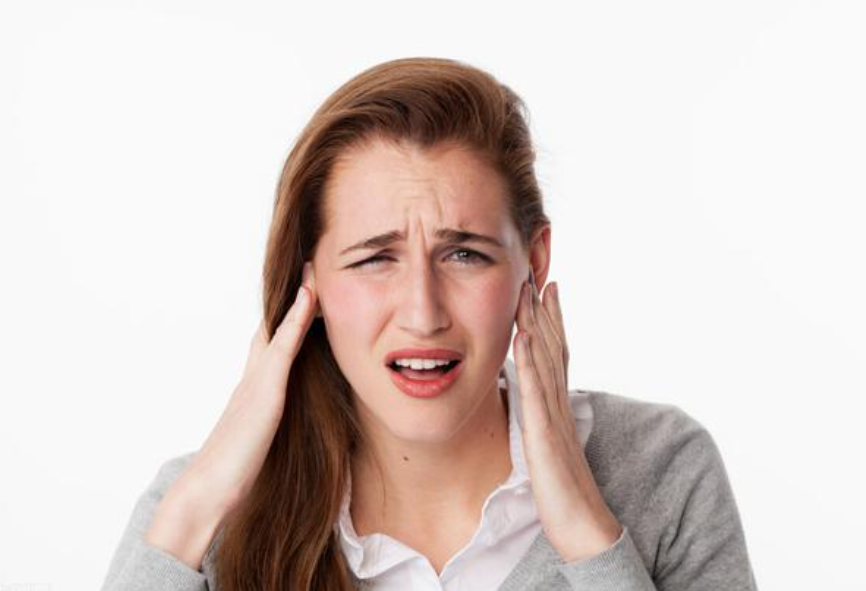
As the saying goes, is the drug three poison, since it is a drug, why is it toxic? In fact, medicine and poison should be a family, medicine from poison, poison for the antidote, poison to the extreme when it is a drug, strong will become poison, so it also caused the drug's efficacy and toxicity of the "dual personality". You know, some drugs are ototoxic.
Drug ototoxicity, that is, drug-induced ototoxicity, refers to the poisoning of the auditory nervous system or the structural damage of the inner ear caused by the use of certain drugs to treat diseases or human contact with certain chemical agents, which will lead to temporary or permanent hearing loss, and also cause damage to existing sensed-hearing loss. The main symptoms are vertigo, imbalance, tinnitus and deafness.
Seven ototoxic drugs:
1, aminoglycoside antibacterial drugs: is the most common class of drugs that cause deafness, such as common gentamicin, amikacin and tobramycin.
According to the investigation of patients with drug-induced deafness, 83% are caused by the use of aminoglycoside antibiotics, especially in children, the elderly and the infirm or patients with renal insufficiency, or when the use of excessive dosage and treatment course are too long.
The main clinical manifestations are tinnitus, progressive hearing loss, balance disorders, and some visual symptoms (such as vision with head movement, nystagmus).
After injection, the concentration of such drugs is quite high in the ear lymph fluid, which can be more than 600 times higher than other parts, and cause damage to the hair cells and auditory nerves in the cochlea, resulting in hearing loss or deafness.
Aminoglycoside drugs have a delayed reaction, deafness, tinnitus or ear fullness after stopping the drug should be highly noticed.
2, other antibacterial drugs: in addition to aminoglycosides, large doses of macrolides erythromycin, azithromycin, glycopeptide vancomycin, etc., can also cause hearing impairment, and even deafness.
The ototoxicity of these drugs is related to the concentration of the blood drug, and too large a dose or too long a time will cause hearing damage.
- Diuretics: Some diuretics can cause ototoxicity, and the ototoxicity of liurate (etanilic acid) is larger, followed by furosemide.
Deafness occurs very quickly, especially immediately with rapid intravenous infusion, which can be recovered in the short term. Large doses can cause delayed cochlear damage and persistent deafness.
4, anti-tumor drugs: Among anti-tumor drugs, carboplatin, cisplatin, vincristine, nitrogen mustard, etc., can also cause hearing impairment and irreversible hearing loss.
This kind of hearing loss is obviously related to the dose and time of medication, and deafness can also occur in serious cases.
5, salicylic acid drugs: the status and role of aspirin in cardiovascular diseases is beyond doubt, but long-term large doses can produce moderate symptoms such as headache, vertigo, tinnitus, and more commonly seen in the treatment of rheumatism.
Severe cases have mental disorders, acid-base imbalance and bleeding, overdose of aspirin can cause reversible deafness, at this time should be stopped immediately, and active treatment.
In use, we should pay attention to a number of risk factors, including large doses, old age, dehydration state and so on.
- Antimalarial drugs quinine and chloroquine: These two drugs can cause hearing impairment, which can be recovered after short-term use, and long-term large dose use may cause irreversible damage.
Quinine and chloroquine can cause fetal ototoxicity through the placenta, so they are harmful in early pregnancy and should be contraindicated by pregnant women.
7, heavy metals: such as lead, arsenic, mercury in the treatment or misuse, false exposure when tinnitus, deafness occurs.
Prevention of drug-induced ototoxicity
In order to prevent drug-induced ototoxicity, attention should be paid to the following aspects:
1, pay attention to the genetic and susceptible population: carefully ask family history, allergy history, drug use history, the occurrence of similar drugs in the family, poisoning is much more likely than the average person; People with allergic history should not use; Those who have used ototoxic drugs in the past should pay attention to prevent accumulated poisoning;
2, carefully choose the dose and medication time: the greater the total dose and daily dose, the longer the medication time, the more chance of poisoning; And try to avoid the combined use of two or more ototoxic drugs;
- Route of administration: intraspinal administration is the most dangerous, followed by intravenous and intramuscular injection;
4, monitoring renal function: patients with hepatic and renal dysfunction should reduce or extend the administration interval as appropriate, because kidney and ototoxicity are often common or occur simultaneously with some drugs, especially attention should be paid to monitoring renal function;
- Key monitoring: Highly ototoxic drugs should be monitored for blood concentration, which is more necessary for the elderly (over 65 years old), children (under 6 years old) and patients with liver and kidney dysfunction;
6, alert to early symptoms: such as tinnitus, ear distension, deafness, vertigo, nausea and other symptoms after taking the drug, should be stopped in time to seek medical attention;
- Others: Those with sensory nerve damage should avoid dehydration during treatment.
In fact, any drug is a "love to kill" double-edged sword.
It is not only necessary for medical staff to know it well, correctly judge the condition, and guide patients to use drugs rationally and for a long time, but also for patients to pay attention to changes after taking drugs and timely feedback to doctors.
Only by correctly understanding drugs and reasonably avoiding risk factors, can we take their essence, discard their dross, play the therapeutic role of drugs, and avoid the occurrence of drug ototoxicity to the maximum extent.

